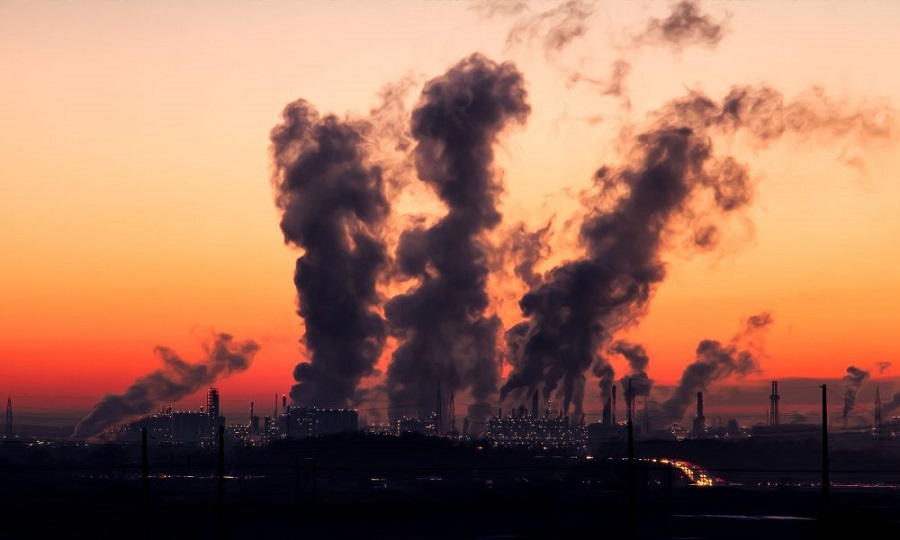RIO DE JANEIRO, BRAZIL – Published just a few days before the Climate Conference (COP-26), in Glasgow, the document highlights that the climate pledges for 2030 set the world on a path to a temperature increase of at least 2.7ºC this century.
The United Nations Environment Programme (UNEP) Emissions Gap Report details the status of countries’ pledges to reduce CO2 emissions, called NDCs (Nationally Determined Contributions). NDCs are presented every 5 years and reflect the countries’ emission reduction commitments to curb global warming.

According to the global organization’s report, in the case of Brazil, the updated NDC “leads to an absolute increase” in emissions, of approximately 300 million tons of CO2. Brazil’s 2015 commitment to reduce emissions and the updated pledge present the same percentage target: a 43% drop by 2030 in relation to 2005 emission levels.
What changes is the starting point for estimating greenhouse gas emissions. The Jair Bolsonaro administration retroactively revised the Brazilian data on emissions in 2005 – which raises the calculation basis from 2.1 billion tons of CO2 per year to 2.8 billion.
This Brazilian move, called “climate pedal” by environmentalists, was challenged by organizations in court and may be the target of criticism at the Glasgow summit. This does not mean that Brazil accounts for the worst target, but rather that the country has been heading in the opposite direction, towards less ambitious commitments against global warming.
Environmentalists expect that Brazil will present a new update by COP-26, which begins next week, or even during the event.
Brazil has isolated itself in environmental discussions, given Bolsonaro’s position of undermining environmental agencies in the fight against crimes in the Amazon. Since 2019, the President has also maintained a conflicting relationship with wealthy countries that point out issues in the preservation of the forest, which has been registering an increase in fires and deforestation.

